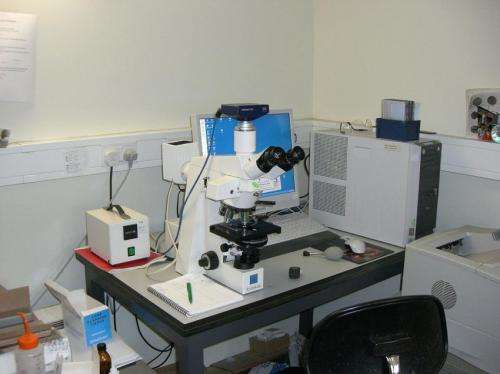
Scientists at Mount Sinai have created a library of well-characterized human induced pluripotent stem cell (hiPSC) lines from clinically healthy humans, which can serve as a valuable resource of normal controls for in vitro human development, genotype-phenotype association studies, many disease models, and drug response evaluations.
This gender-balanced, racially- and ethnically-diverse library of hiPSC lines was generated from 40 clinically healthy male and female individuals ages 22 to 61. Extensive characterization of the hiPSCs matched the karyotype and short tandem repeat identity to their parental fibroblasts. The generated hiPSCs show a transcription profile characteristic of pluripotent stem cells. Whole genome sequencing, which was performed on one hiPSC clone from each individual, was used for genomic ancestry determination and analysis of Mendelian disease genes and risks.
In addition, similar transcriptomic profiles, single-cell RNA-seq derived cell clusters, and physiology of cardiomyocytes differentiated from multiple independent hiPSC lines are characterized in the library.
The research is an important technology development of accurate cell-based models that can be used for drug discovery and predicting adverse drug effects. While the study generating the cell lines has no direct impact on patient care or treatment, the library can support rigorous disease modeling, accurate evaluation of patient responses to drugs, and future genotype-phenotype association studies.
Source: Read Full Article
